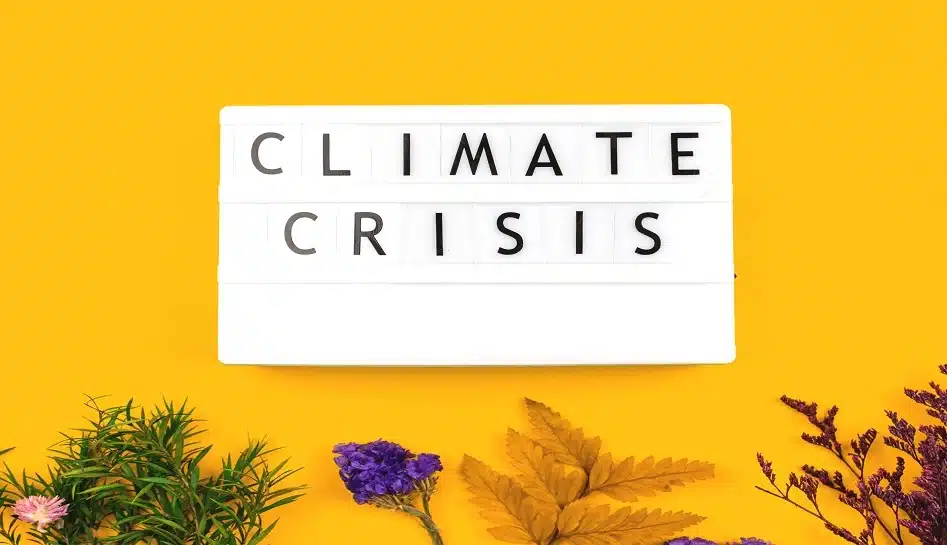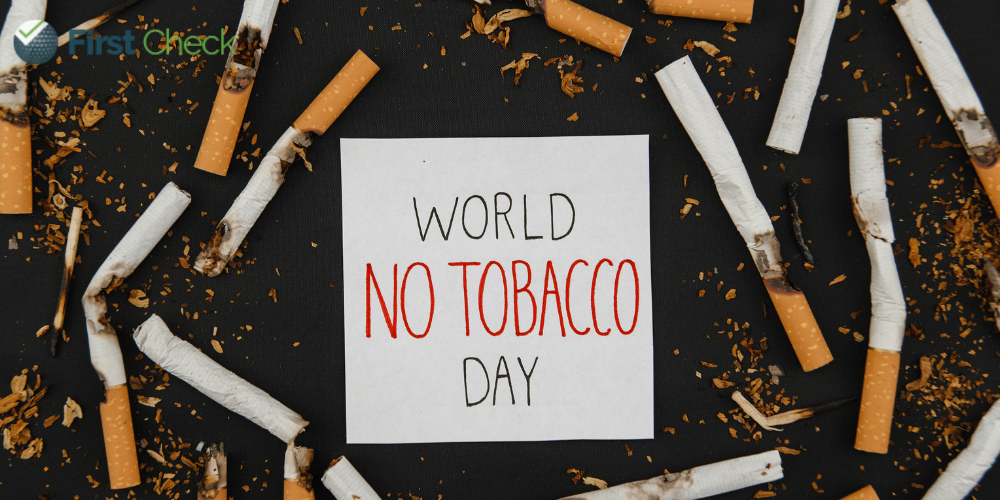The mental health fallout of climate carnage
Author
Author
- admin / 2 years

- 0
- 3 min read

Author
Mental health issues could become widespread as climate change threatens to worsen and extreme weather events become more frequent, upending people’s lives
Many people consider autumn to be one of the best seasons of the year. It is a delight to watch the leaves turn yellow and temperatures mellow down. In some regions, cicada courtship song fills the groves of trees. Indira Gandhi, former prime minister of India, used to visit Kashmir in autumn to witness the Chinar trees turn golden. It is said, she would take a helicopter ride over the retreats like Mughal gardens, the place of many ancient and towering Chinar trees.
But for many others, it is depressing to see trees denuded of leaves and a haunting hush enveloping the surrounding. The mood is heightened as the gradually reinforcing chill of the coming winter blows in the autumn wind. Evenings turn foggy, deepening a sense of loneliness. One suddenly is overcome by an end-of-summer feeling. It causes deep anxiety in many people, resulting in a need to consult a psychologist sometimes.
But the creeping climate change has further aggravated the fallout on the mental health of the changing seasons, which have now become erratic and are, in turn, impacting the lives of people detrimentally.
A study conducted by the University of California, Irvine in June 2022 focused on indirect, direct, and media-based exposure to hurricanes Irma and Michael, which hit the United States in 2017 and 2018 respectively. It identified symptoms of post-traumatic stress (PTSD), depression, and anxiety in the study population. The study reinforced a link between natural disasters and adverse psychological issues, adding to the body of evidence about the impact of climatic events on mental health.
Climate change and mental health, however, is still a new research field. With the development of new theoretical models, analytical methods, and datasets, the scientific literature on climate change and mental health is growing. According to a Lancet study, climate change has both direct and indirect effects on mental health.
“Direct effects of climate change on mental health generally include stress-related and trauma-related sequelae of an acute event, such as a hurricane or flood,” the study highlights. “Indirect effects describe more insidious mental health changes related to physical health, such as increased ambient temperature; increased pollen, dust, or pollution.”
Among the indirect effects are also the community-level effects from economic damages, conflict over scarce natural resources, displacement, or migration due to loss of habitable land.
“Chronic indirect mental health effects also include helplessness, worry, and fear of rapid climate change,” the study points out.
Mental health issues could become widespread as climate change threatens to worsen and extreme weather events like the one currently occurring in Pakistan become more frequent, upending people’s lives. Are we prepared to deal with this frightening prospect? We aren’t. The world lacks sufficient manpower, facilities, and resources to combat the mental health crisis, which has already reached the proportions of a worldwide emergency – more so, in the wake of the Covid-19 pandemic which has left a massive mental health fallout in its wake.










